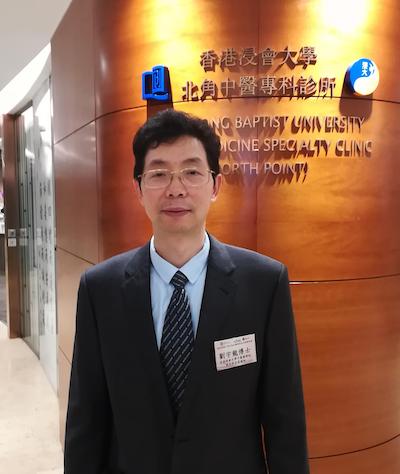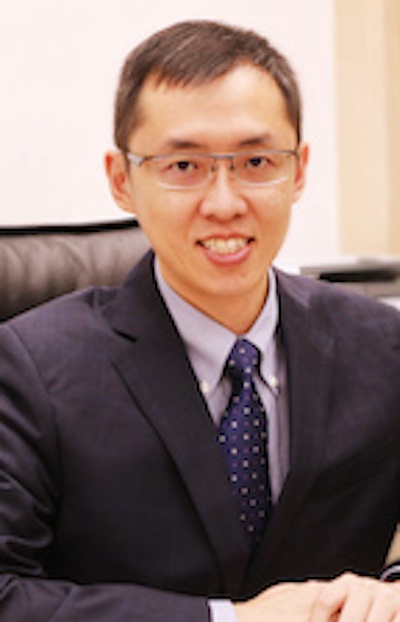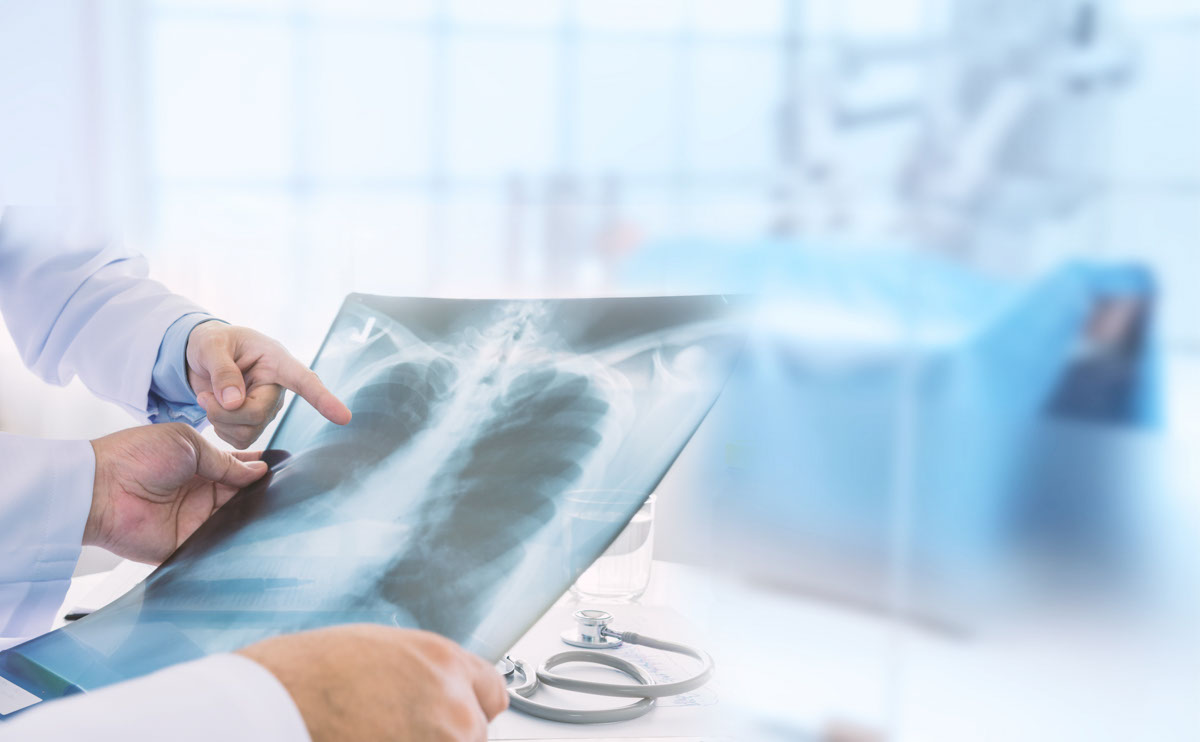Hong Kong Anti-Cancer Society Mr. & Mrs. Mak Shiu Kin Integrated Chinese and Western Medicine Centre —— Case of Combined Traditional Chinese and Western Medicine Consultation — Ms. Chung (Lung Cancer Patient)
Combined Chinese and Western Medicine Consultation:
Professor Liu Yu Lung and Dr. Lee Siu Hong


Date: March 9, 2021
Location: Hong Kong Anti-Cancer Society Mak Shiu Kin, Mr. & Mrs. Centre for Integrated Oncology
Introduction: In Hong Kong, the so-called "integrated Chinese and Western medicine treatment" often refers to a patient visiting a Western doctor first and then going to another place to visit a Chinese doctor, telling them about their condition separately. Hong Kong Anti-Cancer Society Mr. & Mrs. Mak Shiu Kin Integrated Chinese and Western Medicine Centre can provide combined Chinese and Western medicine consultation services in the same place, allowing a patient, aWestern doctors and a Chinese doctors to discuss the client’s conditions and solve doubts at the same time, such as whether there are conflicts between taking Chinese medicine and Western medicine.
This article records the consultation process among Dr. Liu Yu Lung(Traditional Chinese Medicine practitioner), Dr. Lee Siu Hong(oncologist) and lung cancer patient Ms. Chung, to give everyone a deeper understanding of the process.
Part One — Case Presentation
Part Two — Data Analysis
Part Three — Combined Chinese and Western Medicine Consultation
Part One — Case Presentation
(Before the meeting, Ms. Chung had handed over her medical records to the nurse to pass on to Dr. Liu and Dr. Lee. At the same time, Ms. Chung also agreed to Dr. Lee logging into "eHealth" to check her medical history.)
Lee: Could Ms. Chung please tell us about the course of your illness and your current situation.
Chung: I fell ill at the end of November 2019.
In the months leading up to my illness, I gradually lost weight, and started coughing in mid-November, but didn't notice any major problem. But on November 27, I suddenly felt very exhausted - experienced extreme difficulty in breathing, abnormal fatigue, even walking a few steps was extremely difficult. I immediately went to the emergency room of a private hospital. After taking an X-ray, the doctor found that my heart and lungs each had a liter of fluid accumulation and I needed to be hospitalized immediately. Cardiologists and pulmonologists immediately intubated me, drained the fluid, and sent it for testing, which proved that there were cancer cells in the lung fluid. The next day, a PET SCAN was arranged, which confirmed the presence of a lung tumor that had spread to the lymph nodes. On November 29, the doctor said I needed to be referred to an oncologist, and I was completely unprepared at the time. Fortunately, an MRI confirmed that the cancer cells had not spread to my brain. The oncologist told me it was "stage four lung cancer", involving a genetic mutation called ALK, and I needed to undergo targeted therapy.
The targeted drug I was given is called Alectinib. At the time, the oncologist told me that this was already the third generation of targeted drugs, and because it was the latest, it was of course the most expensive. If I chose to undergo treatment with the first or second generation of targeted drugs, the price could be at least two-third cheaper, but the effect would not be as good. I chose the third generation, which was really expensive, costing almost seventy thousand dollars a month. Fortunately, I have always had insurance, so I can afford it financially.
After taking the targeted drug, my condition quickly improved - there was no more fluid accumulation in my heart and lungs after the fluid was drained. From being admitted to the hospital on November 27, to starting Alectinib on December 2, a PET Scan a week later showed that the largest tumor in my right lung had faded and shrunk, and the other five or six tumors that had spread to the lymph nodes had also shrunk.
Of course, having cancer is very unfortunate, but having new drugs to help me, I feel very lucky. My oncologist told me at the time that this (third generation) targeted drug is very new in Hong Kong, and even if there are lung cancer patients who start taking it, they have all undergone treatment with the first or second generation. There are not many patients who directly use the third generation targeted drug. He hoped that I would agree to use my data for medical analysis, and of course I was more than happy to.
It's been almost a year and a half now, and I'm doing very well. But as my oncologist told me, even the best targeted drugs are feared to have a day of "drug resistance", but worrying is useless.
Lau: Do you have any side effects after taking the targeted drugs?
Chung: Before taking them, my oncologist told me that I might have rashes, loss of appetite, and diarrhea. But luckily, I didn't have any of these.
Lau: Did you have insomnia? Or did you lose weight after getting sick?
Chung: I didn't have insomnia. After getting sick, I tried to gain weight, and as a result, I went from 96 pounds to 120 pounds in the past year, gaining more than 20 pounds.
Lee: Did you have high blood pressure or other diseases before?
Chung: Probably due to genetic factors, I have always had high blood pressure and high cholesterol, but both are well controlled with medication.

Part Two - Data Analysis
Dr. Lee and Dr. Liu then analyzed Ms. Chung's medical records in detail.
They found that Ms. Chung originally had eight small tumors in her lungs, and now all but one have disappeared. The remaining one is 1.4 cm in diameter. They also found that Ms. Chung had a brain scan and everything was normal.
In Ms. Chung's blood report on February 17, one index (ALP) was higher, but within a reasonable range. Different enzyme levels are normal; kidney and liver functions are both good. They also found that Ms. Chung has been regularly receiving PET scans as recommended by her oncologist.
?399642130
Part Three - Combined Chinese and Western Medicine Consultation
Lee: I think the treatment your oncologist gave you is very appropriate, and that targeted drug can effectively control your condition. So you should continue to receive treatment as he recommends.
I also agree with your initial decision to go directly to the third generation of targeted drugs (i.e., skipping the first and second generations), because the third generation is superior in controlling the spread of cancer cells to the brain and in terms of sustainability.
As for the "drug resistance" issue, even if it really happens one day, there are several targeted drugs to choose from for ALK, or there may be newer drugs available by then.
Lau: I completely agree with Dr. Lee's analysis, the current treatment is very effective. At the same time, luckily, you have no side effects at all. So at this stage, I don't recommend you take any Chinese medicine.
If one day you develop "drug resistance" to the targeted drugs you are currently taking, I will give you some Chinese medicine - some Chinese medicine which has certain anti-cancer effects. So when there is a slight drug resistance, Chinese medicine can help. What is "slight" drug resistance? It is when the growth of cancer cells is uncontrolled as seen from the cancer index or other data, but the deterioration is not too quick.
But if the degree of drug resistance is very severe and the growth of cancer cells is extremely fast, then we cannot rely on Chinese medicine, we have to rely on Western medicine for treatment. At that time, your oncologist will change the drug or suggest other treatments. If you have any side effects when taking new drugs (or receiving other treatments - such as chemotherapy and radiotherapy), you can tell me, and I will try to use Chinese medicine to alleviate these side effects.
Lee: Yes. When cancer cannot be controlled by current drugs, we will suggest patients to switch drugs. In addition to targeted drugs, there is also chemotherapy. At the same time, if it is just a small tumor that has enlarged without any other signs of metastasis, radiotherapy can also be considered to control the disease. We just talked about you still having a tumor of about 1.4 cm in diameter. If it only enlarges slightly, for example, to 1.6 or 1.7 cm, we can continue to observe. But if it reaches two centimeters, oncologists will consider changes or adjustments in treatment/drugs.
Chung: I see.
I would like to ask Dr. Liu if there is anything to pay attention to in terms of diet? Especially any food to avoid.
Lau: Actually, your situation is very good now, you don't need to be too worried about avoiding certain types of food.
Overall, I suggest you should reduce the consumption of shrimp, crab and other seafood, because experience tells us that patients receiving cancer drug treatment will be more sensitive to these foods, and there will be adverse reactions after eating; or it will make the cancer cells in the body more active.
In terms of meat, please try to reduce the consumption of beef, but I just say reduce, if you really want to eat steak, as long as you don't eat it often, it's no problem.
Chung: Can I eat it once a month?
Lau: That's absolutely no problem!
Chicken is not a problem originally, but sometimes we worry about the hormone aspect, if you eat "organic" then there should be no problem.
In terms of fruits, don't eat lychee, mango and durian which are ‘hot’ in nature.
Chung: I'm very grateful for the detailed and objective analysis from both of you. I'm also glad to hear that you both say the treatment I'm currently receiving is very appropriate, so I'll stick with it.
Lau, Lee: You're welcome.
(Finalized in December 2021)





